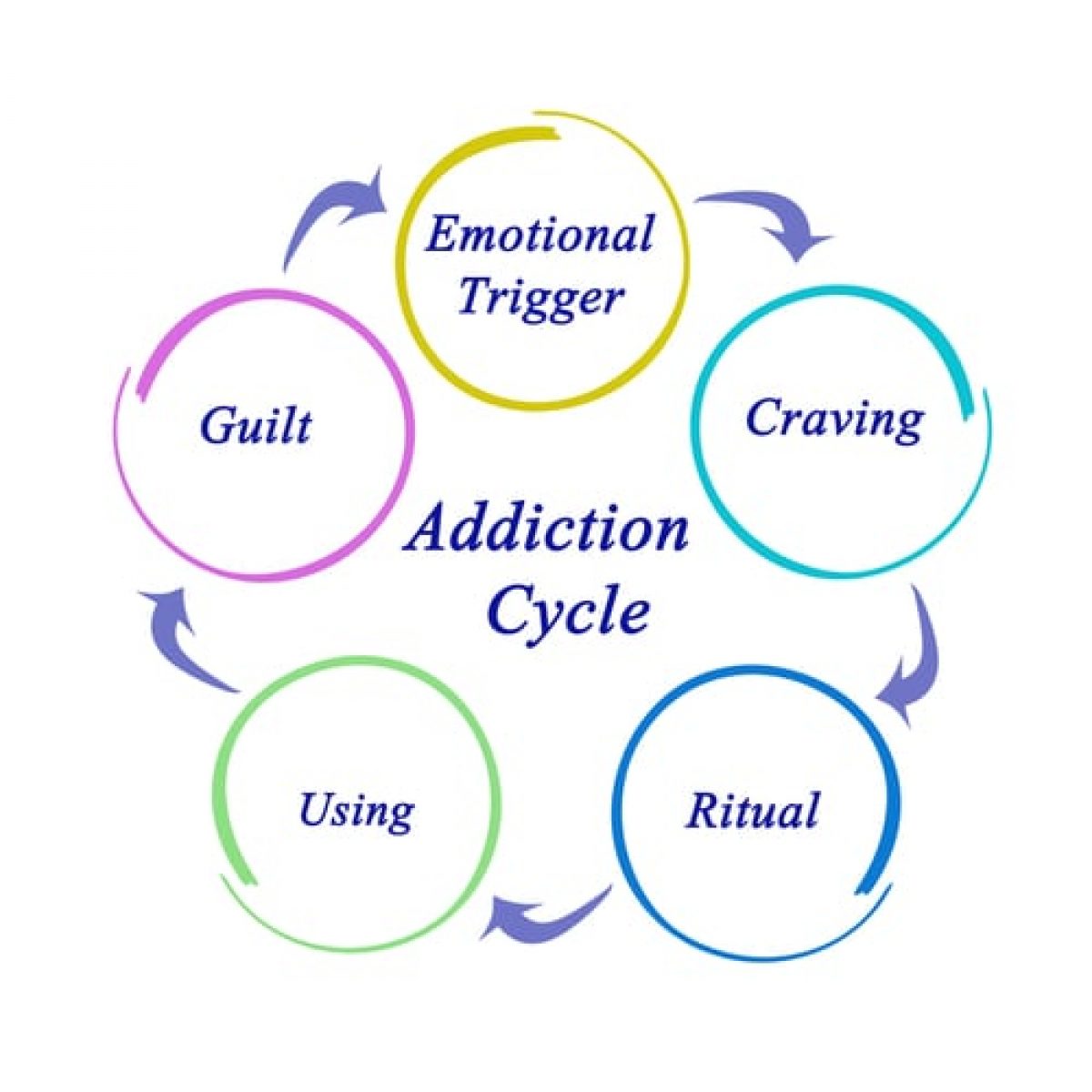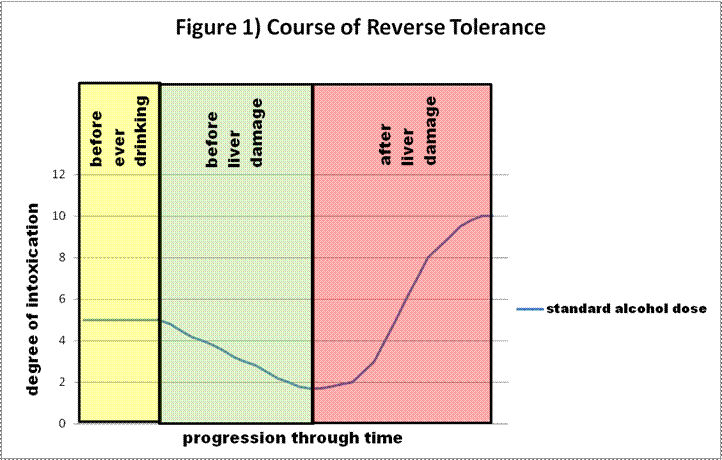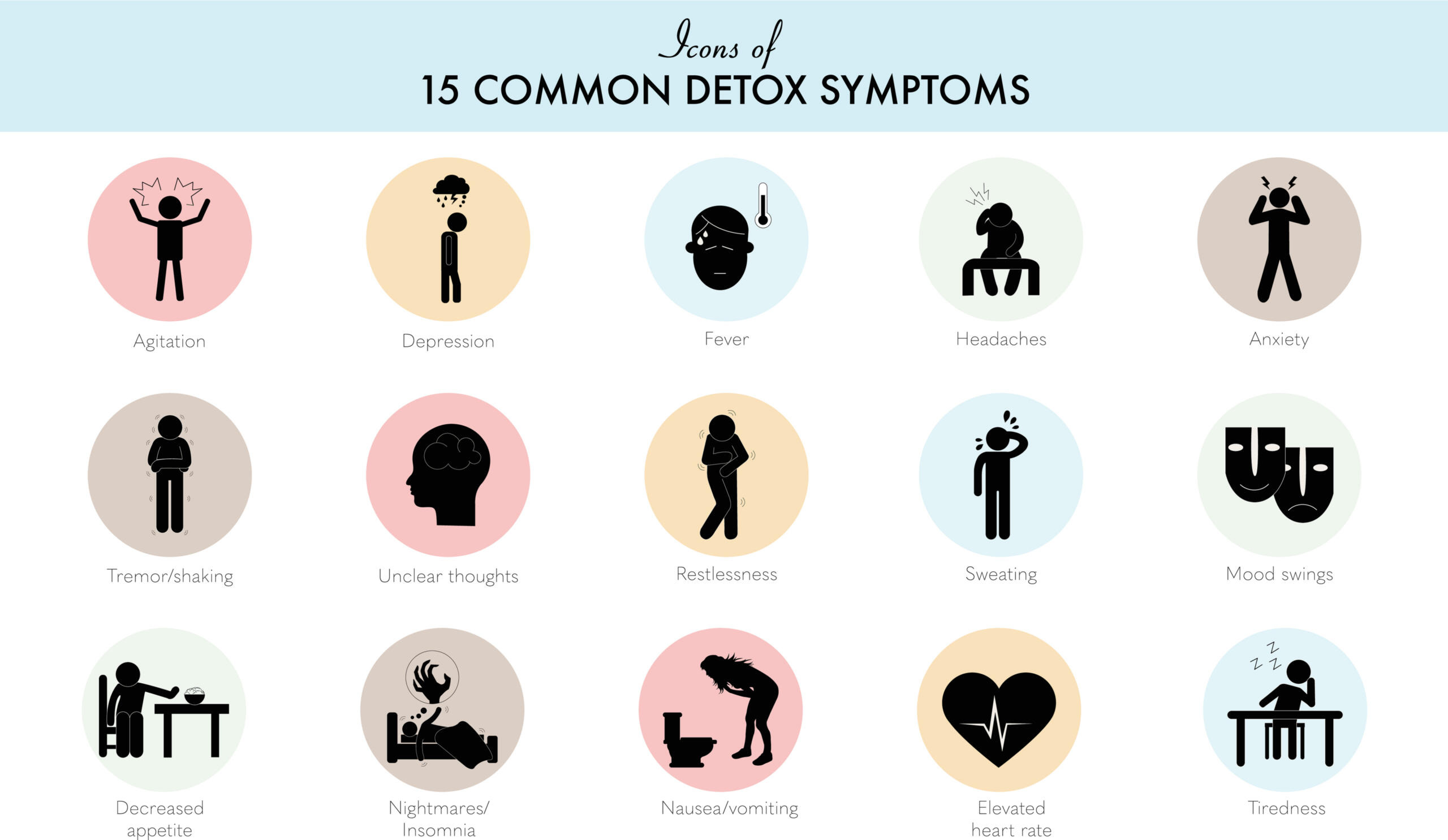0207 205 2845 0207 205 2845


With alcohol detox, the first hurdle always looks the highest. No one starts off quitting alcohol by worrying about counselling and group meetings.
The biggest thing on your mind is how it will feel to stop drinking.
Detoxing from alcohol might be something you tried alone before or a new experience. If this is your first detox, it’s a good idea to know how it works.

Before we look at detoxification, we need to understand the cycle of abuse, tolerance, and withdrawal. This is how alcohol use disorder happens and continues.

When we get used to a foreign substance like alcohol or any other drug, we metabolize and process it differently.
The more often you do something, the less that thing will affect you. As we continue using a substance, we build up tolerance.

You don’t get as buzzed off the cigarette as when you first tried one. You don’t get drunk from a single pint of beer as before you tried alcohol.
In substance abuse cases, we take that idea to a new level. The tolerance increases increasingly as we incorporate alcohol into our lives on deeper levels. Drinking is problematic because it’s a standard part of many cultures.
There are situations where it’s normal to drink at almost any time of day, in virtually any amount. Naturally, there’s a point when it becomes clear that there’s a problem, but the social norm makes it easy to get comfortable with drinking alcohol.
Eventually, we require or get accustomed to more and more alcohol.
Alcohol tolerance is how your body responds to alcohol. Alcohol dependence is when your body relies on alcohol.
The exact reason why a person has a craving might be hard to pinpoint. Psychological aspects are worth considering, but there’s a physical aspect too.
We adjust to the fact that alcohol is always in our system. The foreign substance becomes a regular visitor, and the body rearranges its function to accommodate alcohol.
In this way, the body situates itself to house high levels of alcohol. When alcohol is removed from the system, this sends messages as though it needs alcohol to maintain balance.
The sensation is similar to hunger or thirst in that it screams at you to tell you that you need alcohol to get things back in order. In many ways, you do need alcohol to keep a normal state while you’re experiencing alcohol abuse.
When you remove alcohol, you start to go through the detoxification process. Once you move past needing alcohol to feel normal, alcohol dependency becomes easier to manage.
There’s a process to undergo before that happens, though. Plus, the higher the level of alcohol abuse, the more detoxification there is. More detoxification is more difficult for the person.
The information above is a brief look at how a person gets into a situation where they might need to start detoxification.
You shouldn’t be too hard on yourself if you’re experiencing alcohol abuse. Remember that alcohol use disorder is a health problem, not a personal failure. Alcohol is one of the most addictive substances available to humans.
The same goes for other depressants that operate on the central nervous system, slow down the aches and pains of life, and open up our pleasure centres.
Many people find themselves in the same situation, as alcohol is one of the most deceiving traps people have to contend with. It has always been something that modern people have dealt with.
There are solutions to alcohol abuse, though. We’re here to help you through the process, and the first step is understanding how to detox the right way.

Many people think that alcohol detox is something you can push through. If you’ve been drinking heavily for a few weeks and think you might have an addiction, stopping drinking suddenly will mean withdrawal.
In mild cases, this is true. You can work through an alcohol detoxification process if your substance abuse issue isn’t severe.
This is an alcohol binge detox, and it might be a challenging thing to go through.
A few weeks isn’t enough for the toxicity to produce dangerous withdrawal symptoms.
Regardless of length, you could experience anxiety, headaches, hallucinations, sleep issues, sweats, etc. You could have tremors, seizures, and other disorienting and dangerous symptoms in severe cases.
Those symptoms can be dangerous, causing some individuals to pass away from the intensity of withdrawals. So, it’s essential to remember detoxification is not something that you can always push through.
We recommend medical advice for anyone with alcohol dependency. Medical detox can be life-saving and help you achieve your alcohol-free goal.
It’s significant enough to cause future health complications and be fatal. Here’s the timeline you might experience depending on the level of abuse.
6-12 Hours: Mild Withdrawal – headaches, hand tremors and stomach aches
1-3 Days: Moderate Withdrawal – Delerium tremens, increased heart rate and breathing
4-7 Days: Severe Withdrawal – Hallucinations, seizures, insomnia, mood swings
Two weeks – 1 Year: PAWS (Post Acute Withdrawal Syndrome) – Fatigue, depression & anxiety, tremors
The first 72 hours without alcohol is where your symptoms build up and peak. After this, detox continues with new challenges.
Those who have abused alcohol longer will feel the effects a couple of hours after the last drink. The half-life for alcohol is around four hours, so intense physical effects might occur.
It’s possible that the initial effects of detoxification start before that point, though. These effects are light headaches, shakes, increased heart rate, heart palpitations, anxiety, or the inability to sleep. You can think of these symptoms as similar to an intense hangover. If you opt for treatment for alcohol addiction in rehab, you will be supervised by medical professionals during the first week of alcohol detox.

After that first stretch of withdrawal symptoms, the more potent stuff occurs. On top of the initial symptoms, the person might experience a higher heart rate. Hours of accelerated heart rate and stimulated central nervous system could lead to heavier breathing, lower body temperature, and higher blood pressure.
Psychologically, this combination could make the person confused, paranoid, more anxious, and start to have the initial symptoms of delusions or hallucinations. These symptoms last for a couple of days.
The individual must have a comfortable place to recline while they experience the first few days of detoxification. These symptoms can make it challenging to go about their day in standard ways.
You might feel ill, have to vomit, or be nauseous during the day. Further, the confusion produced by the physical effects could make driving a car or being out in public hard.
The second phase of symptoms will persist for a few days. As the person goes through those symptoms, the effects will inch further toward the severe aspects of the third phase.
As they persist, the body will have difficulty processing and dealing with the second phase symptoms. The experience also wears down a person’s mind. All the symptoms listed above are packed together, and the person will have more intensified disorientation, hallucinations, seizures, or worse.
If there are other health complications in a person’s life, those can be amplified and cause issues during detoxification.
It’s also important to note that the stage three effects are the most dangerous to a person’s health. This is where people move into fatality and lasting health complications.
Your internal organs are working at full steam. You are kicking out a threat, so it’s on high alert. You become weak, and there’s no telling when the experience will get more tolerable.
Different people will transition between stages at different rates, too. For example, switching from stage two to stage three might not take a whole week. The intense effects could occur quicker and put you in danger.
The withdrawal process drives many people to keep using their drug of choice. It’s not always just the desirable parts of doing drugs that draw people back in.
Instead, it’s the fact that quitting is painful. Withdrawals are jam-packed with cravings that beg you to use alcohol again. This puts you through quite an ordeal as it works to kick out all toxins you put into it.
It isn’t accessible if you take it at face value. You think, “I can drink again, and this pain will disappear. Alcoholism isn’t so bad anyway; I’m getting along fine.”
The rationalizations come on strong, and you’re back at a bar, sitting where you always have. You forget the impact on your relationships, aspirations, and sense of self-worth.
So, knowing what you’re up against is crucial when you start going through the process. If you can listen to your body and understand what’s happening, you’ll be better able to keep pushing through.
Keep your goals and aspirations at the forefront of your mind. Think of your relationships, health, finances, and future. Don’t think about how easy it would be to get back onto that barstool and numb it.
The pain will disappear, but the long-term solution takes a few weeks to stop the pain.
Working with an inpatient alcohol detox is the safest way to go. How do they detox you from alcohol?
Rehab staff will monitor you throughout. They work you through the process with the help of medication. The experience is much more tolerable when you’re under the care of professionals. It’s also comforting knowing that your symptoms won’t push you to a point where you cannot survive.
They clearly know the alcohol detox procedure and can see you go through it safely.
When things get severe, a recovery centre has the tools to ensure your safety. They have alcohol detox medication and doctors who can ease symptoms and prevent severe outcomes. You’ll also be given the proper alcohol detox diet to keep you in standing shape.
Further, you’ll have the resources to deal with the psychological aspect. Counsellors are available to work you through the things you’re experiencing.
After you’ve detoxed and just dealt with the social and psychological side of things, those individuals will be vital in helping you overcome the full scope of your addiction.
It’s essential to uncover the reasons that drove you toward alcohol abuse and create a plan moving forward. There will be many challenges along the way, but the help of a good recovery centre can make the process safe and effective for your sobriety.
Hopefully, the information above gave you a better idea of how to detox from alcohol. Alcohol detox isn’t a pleasant experience but leads a person toward a healthier life.
If you’re interested in finding a good alcohol detox clinic, you’re in the right place. We’re here to help you find the best way to detox from alcohol and understand how to detox from alcohol safely.
Contact us for more information on the alcohol detox program, how long it takes to detox, alcohol detox symptoms, how long a detox program for alcohol, the alcohol detoxification process, recovery options, and much more.
Make an EnquiryOur compassionate team can guide you through the entirely confidential and straightforward process of entering addiction treatment.